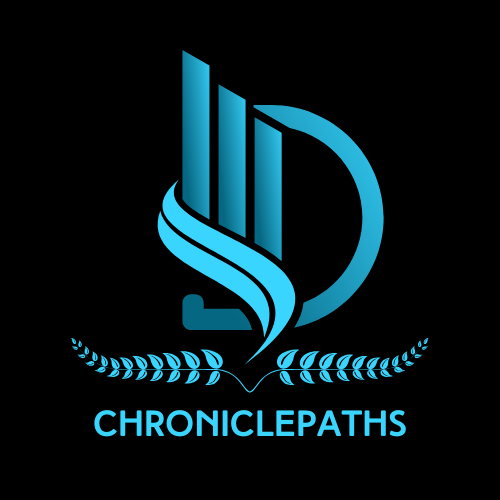Alan Turing was a smart guy who changed the game in math and computers. Alan is best known for cracking the Enigma code during World War II, helping defeat the Nazis. Even today, his work in computer science and artificial intelligence has a big impact on our lives.
Sadly, Turing faced discrimination for being gay. This led to some really tough times for him. This biography goes over his early years, his amazing work, and the legacy he left behind.
Early Life and Education
Alan Turing was born on June 23, 1912, in London. He showed his talent in math and science from a young age.
Turing went to Sherborne School, where he really loved working with numbers, even if he had trouble with some other subjects. In 1931, he started studying at King’s College, Cambridge. Here, he excelled in math and became a Fellow at just 22. His early work on computability and algorithms helped shape modern computers.
Later, he went to Princeton University for his Ph.D., studying under a top logician, Alonzo Church. His research on computable numbers and the Turing machine became key ideas in computer science.
The Birth of the Turing Machine
In 1936, Turing published a famous paper that introduced the Turing machine, a simple model for how computers could work. This showed that a basic set of instructions could handle any logical task. This was a big step for artificial intelligence and computer science.
World War II and Codebreaking
When World War II started, Turing joined a secret group called the Government Code and Cypher School at Bletchley Park.
Breaking the Enigma Code
The Enigma machine was a tricky device used by the Nazis to send secure messages. They thought it was unbreakable, but Turing proved them wrong.
He created the Bombe, a device that figured out Enigma messages. Thanks to Turing, the Allies could read German military plans, speeding up the end of the war and saving lives.
Colossus and Early Computing
Turing’s work was also crucial for the Colossus, the first programmable digital computer. Though Tommy Flowers built it, Turing’s ideas helped make it happen.
Post-War Contributions
After the war, Turing focused on computing and artificial intelligence.
The Turing Test and AI
He came up with the Turing Test to see if machines could think like humans. This idea really influenced the development of artificial intelligence today.
The Manchester Mark I
Turing also helped develop the Manchester Mark I, one of the first stored-program computers. This further solidified his role in the history of computing.
Persecution and Tragic End
Despite his genius, Turing faced harsh treatment for being gay, which was illegal in Britain back then.
In 1952, he was arrested for gross indecency and had to choose between prison or hormone treatments. He picked the second option, which harmed his health. On June 7, 1954, Turing was found dead from cyanide poisoning. While it was ruled a suicide, some think it could have been an accident.
Legacy and Recognition
For many years, Turing’s work wasn’t recognized. However, he is now celebrated as a hero.
1. Official Apology and Pardon
In 2009, British Prime Minister Gordon Brown issued a formal apology for the treatment of Alan Turing. In 2013, he received a royal pardon from Queen Elizabeth II.
2. Influence on Computing and AI
Turing’s ideas continue to shape fields such as computer science, artificial intelligence, cryptography, and robotics.
3. The Turing Law
In 2017, the UK introduced the Turing Law, which pardoned thousands of men who were declared criminals under old anti-gay laws.
4. The £50 Banknote Honor
In 2019, Alan Turing was featured on Britain’s £50 banknote, honouring his contributions to society.
Conclusion
Alan Turing was more than a codebreaker. He was a brilliant mind who changed computing and technology. His work during World War II helped the Allies win and laid the groundwork for modern tech.
Even though he faced discrimination, Turing’s legacy lives on. Today, he’s remembered as a hero and one of the greatest thinkers in history.
